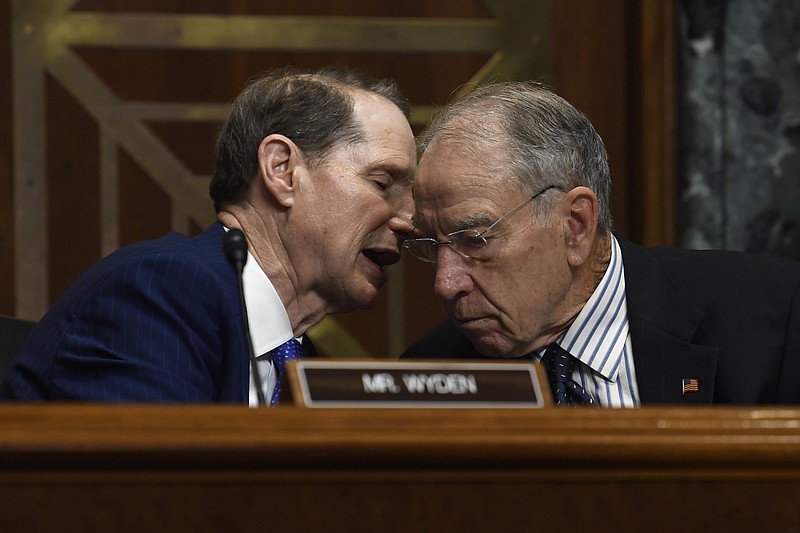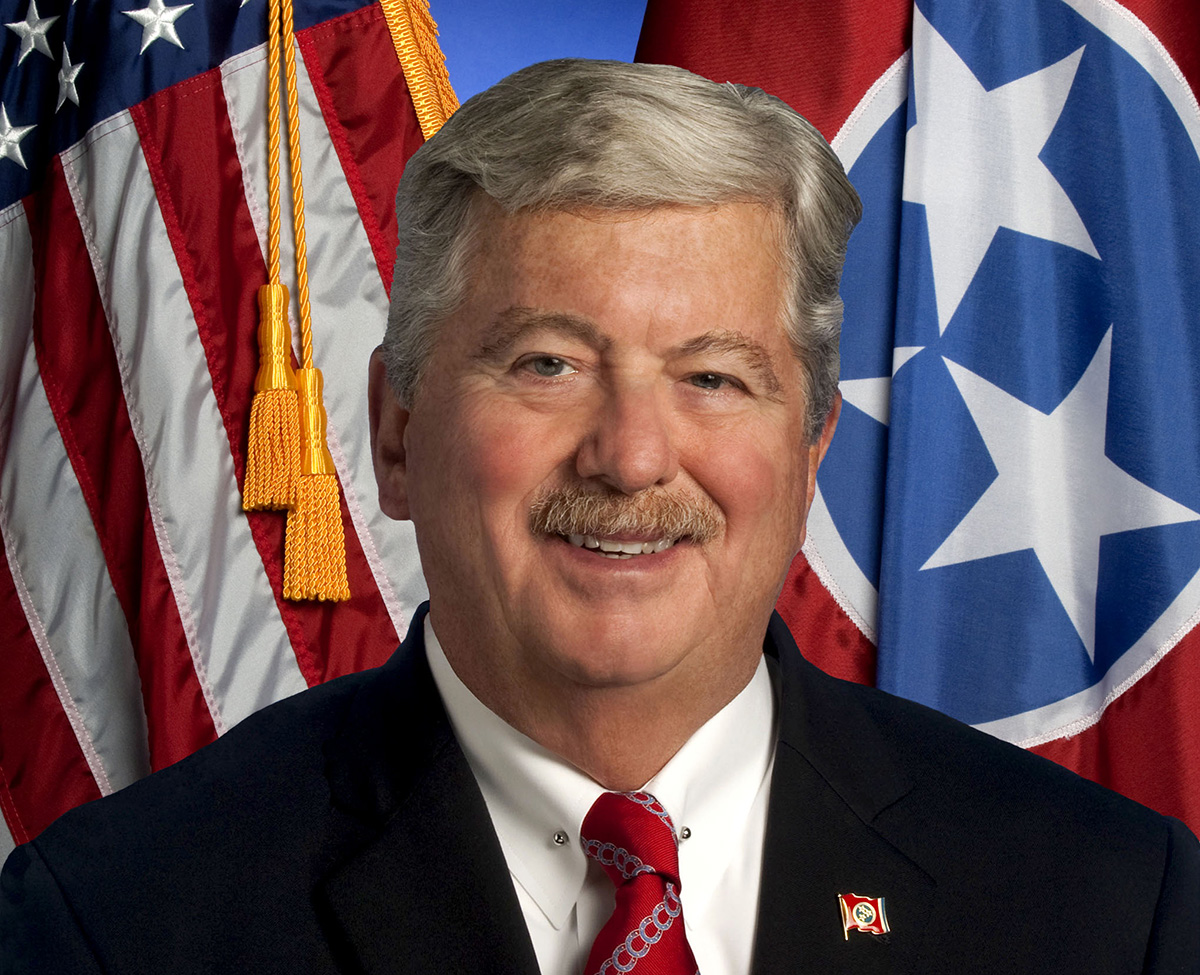While political analysts and historians will debate the reason for Donald Trump's surprise 2016 victory for many years, one issue above all animated forgotten portions of the electorate and allowed him to win states Republicans had not in many, many years: trade.
The promise of putting American workers and interests first in negotiating trade deals resonated both with the Republican base and with Democrats who felt their party had abandoned them. Making sure our international trading partners were treating us fairly was a chief campaign promise of the president.
The president is keeping his promise with the United States-Mexico-Canada Agreement (USMCA). It is a measured, careful approach that stays true to free trade principles while making sure our farmers, laborers and white-collar workers are protected. This deal is good for all our trading partners and the future of our region. But most importantly it is good for Americans - our nation and our workers.
When finalized, the new United States-Mexico-Canada Agreement will create more balanced, reciprocal trade that supports high-paying jobs for Americans and grows the North American economy.
This agreement updates an old, stale and ultimately unsuccessful 24-year-old agreement known as NAFTA with modern provisions that serve our interests. The new agreement rebalances the relationship with our North American trading partners to better serve the interests of American workers, farmers, ranchers, and businesses.
Unlike NAFTA, this agreement will spur growth in American manufacturing, expand markets for our farmers and protect American intellectual property. It creates a level playing field that ensures our trading partners follow enforceable and reasonable environmental standards.
Many farmers in Tennessee benefitted under NAFTA. This new agreement will not subtract any benefit to our farmers. It will instead improve upon those benefits by continuing to expand the list of exportable agricultural goods, particularly for American dairy and wheat farmers. Canada will eliminate its "Class 7" program that allows low-priced dairy ingredients to undersell United States dairy products in Canada and in third country markets. Canada also will provide equal treatment when assessing the quality of imported wheat.
This renegotiation will encourage vehicle and auto parts production in the United States, while also requiring American automobile manufacturing workers are compensated fairly. This agreement is not only good for our farmers, workers and major exporters, it is also good for small business. For the first time in a United States trade agreement, the USMCA specifically outlines how American small businesses can share in the benefits of international trade.
American auto companies that assemble their cars in Mexico would also have to use more U.S.-made made car parts to avoid tariffs, which would help U.S. factory workers. And about 40 percent of those cars would have to be made by workers earning at least $16 an hour - three times more than Mexico's minimum wage for an entire workday.
Throughout modern history, trade deals have often been struck with interests in mind other than that of the American worker. That time is over. President Donald Trump has followed through on his commitment. No longer will deals be struck that put American workers, manufacturers and farmers at an economic disadvantage.
We are now putting America first. The United States-Mexico-Canada Agreement is part of putting that idea into action.
Tennessee Lt. Gov. Randy McNally, R-Oak Ridge, has served in the state General Assembly since 1979.

